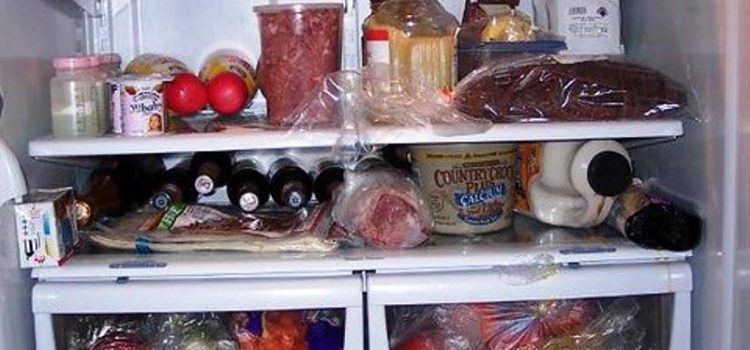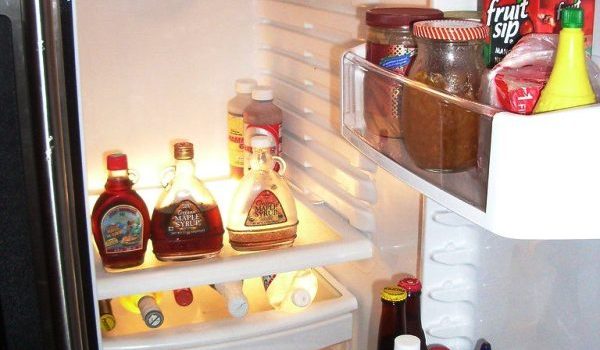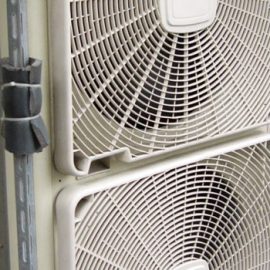
From storing fresh produce to keeping leftovers safe, our refrigerators play a crucial role in preserving the freshness of our food. To ensure your refrigerator operates at its best, adopting a few simple maintenance tips can make a significant difference. Let’s dive into the key practices that will keep your refrigerator running smoothly and your food fresh.
Regular Cleaning for Optimal Performance
A clean refrigerator is not just aesthetically pleasing; it also contributes to the appliance’s efficiency. Regularly remove expired items, spills, and crumbs to prevent unpleasant odors and maintain a hygienic environment. Take out removable shelves and drawers for a thorough cleaning using a mild detergent. Wipe down the interior surfaces with a solution of water and baking soda to neutralize odors.
Temperature Control: The Goldilocks Principle
Maintaining the right temperature is crucial for both food safety and energy efficiency. Set your refrigerator temperature between 35°F and 38°F (1.6°C to 3.3°C) and your freezer at 0°F (-17.8°C). Use a refrigerator thermometer to ensure accuracy. This temperature range keeps perishable items fresh while preventing the growth of bacteria. Additionally, it minimizes energy consumption, contributing to a more environmentally friendly operation.
Optimizing Organization for Airflow

Efficient airflow is key to maintaining uniform temperatures throughout the refrigerator. Arrange items strategically to allow air to circulate freely. Keep the vents and air channels unobstructed by avoiding overpacking or overcrowding. Place larger items toward the back and smaller items toward the front for easy visibility and access. This not only aids in temperature regulation but also makes it easier to locate items, reducing the time the door is open and conserving energy.
Inspecting Seals for Airtight Performance
The door seals, also known as gaskets, are responsible for creating an airtight seal when the refrigerator is closed. Over time, these seals can wear out or accumulate dirt, compromising their effectiveness. Regularly inspect the seals for any signs of wear, tear, or debris. Ensure that the doors close securely and create a tight seal. If you notice issues, such as a loose seal or visible damage, consider replacing the gaskets to maintain optimal energy efficiency.
Preventive Maintenance: A Stitch in Time
Addressing potential issues before they become major problems can extend the life of your refrigerator. Periodically check for water leaks, unusual noises, or excessive frost buildup in the freezer. If you encounter any of these issues, consult the manufacturer’s manual or seek professional assistance to address the problem promptly. Performing routine maintenance, such as vacuuming the coils and inspecting the condenser fan, contributes to the overall health of your refrigerator.
A Fresh Perspective on Refrigerator Care
In conclusion, maintaining your refrigerator isn’t just about cleanliness; it’s a holistic approach to ensuring the longevity and efficiency of this essential kitchen appliance. By incorporating these simple yet effective practices into your routine, you not only preserve the freshness of your food but also contribute to a sustainable and energy-efficient kitchen environment.
Remember, a well-maintained refrigerator goes beyond the avoidance of unpleasant odors; it’s a commitment to sustainable living and responsible energy consumption. So, the next time you reach for that crisp, fresh produce from your refrigerator, you can do so with the confidence that you’re not just preserving food; you’re making a positive impact on your kitchen and the environment.
Incorporating these simple yet effective practices into your routine can significantly enhance the performance and longevity of your refrigerator. By preserving freshness through proper maintenance, you not only ensure the safety of your stored food but also contribute to a more sustainable and energy-efficient kitchen environment.



